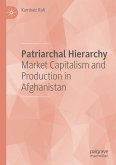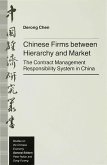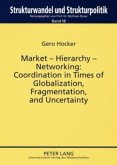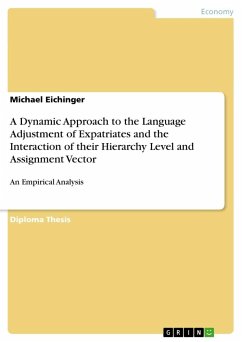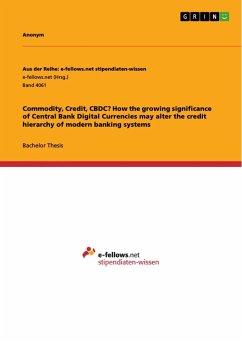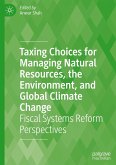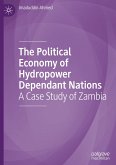This book examines the reconstruction of Afghanistan's economy during the US and international occupation of the country between 2001 and 2021. Applying an institutionalist framework and based on extensive empirical data, it focuses on resource allocation by private individuals in manufacturing activities. As such, market-oriented policy adopted in this period is analysed to highlight its suitability in such a context for achieving relatively better and more productive resource allocation.
The book underscores 'socially contingent knowledge' and its role in private resource allocation where the private sector's involvement is fledgling, bringing out the limitations and possibilities that this feature entails. It raises important questions and deals with problems that are relevant to contemporary debates in economics and political economy of development.
The book underscores 'socially contingent knowledge' and its role in private resource allocation where the private sector's involvement is fledgling, bringing out the limitations and possibilities that this feature entails. It raises important questions and deals with problems that are relevant to contemporary debates in economics and political economy of development.


